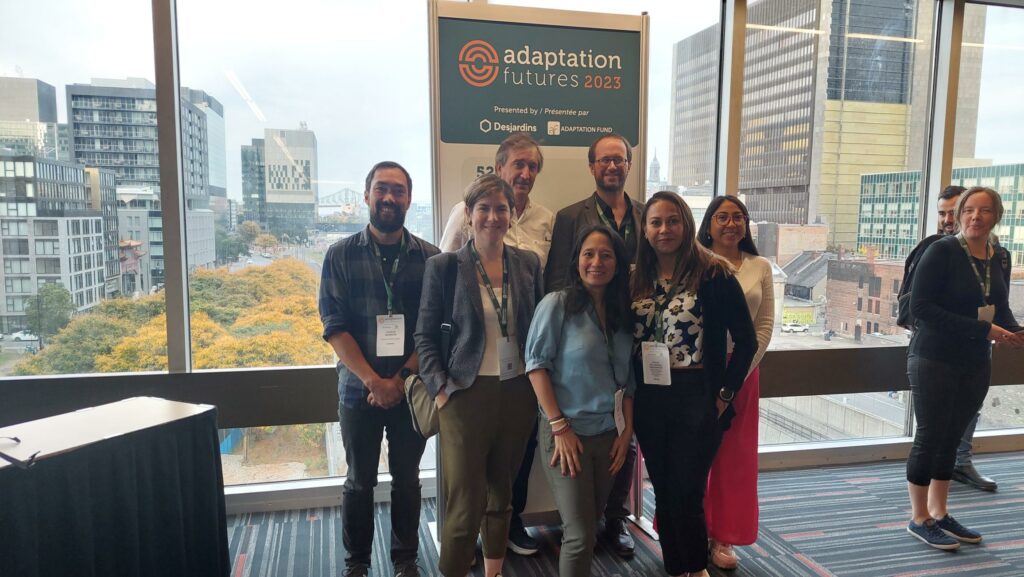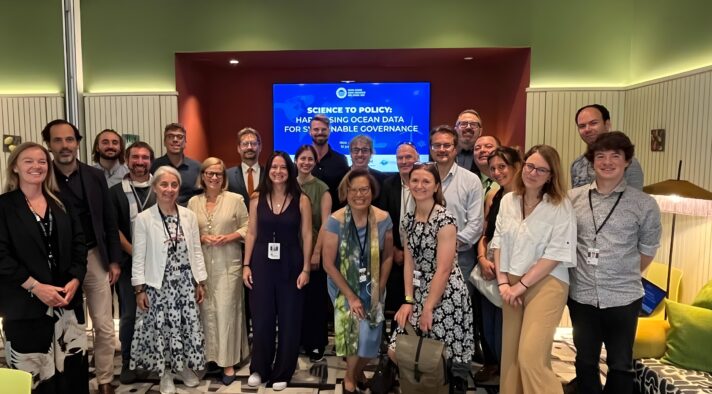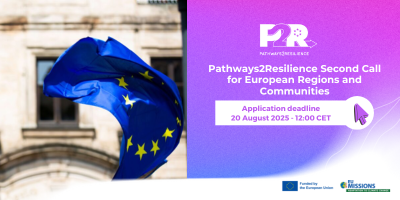More than 1500 members of the climate change adaptation community from around the world have gathered in Montreal to share their knowledge on the challenges and opportunities of adaptation.
Working together across borders, with concrete actions or lessons learned exchanged among regions, were some of the critical aspects to addressing climate change’s far-reaching impacts effectively.
EXPLORING CHALLENGES AND OPPORTUNITIES IN MONTREAL
The Adaptation Futures Conference series is the premier international conference devoted entirely to climate change adaptation, bringing together researchers, policymakers, practitioners, industry representatives and communicators to present their work on adaptation, discuss emerging and cutting-edge issues, learn what others are doing, and build networks. This biennial international conference has been taking place since 2010 under the co-organization of the World Adaptation Science Programme (WASP).
This 7th edition, co-organized with Ouranos, focused on bringing marginalized voices to the forefront in
pursue of climate justice, equity, diversity and inclusion.

REGIONS4’S DELEGATION
Regions4 and RegionsAdapt members from the Basque Country, British Columbia, Congope, Parana, Prince Edward Island, Québec, São Paulo, and Yucatan governments were attending the conference, showcase their work and participating in key events.
Regions4 Secretariat, including Jordan Harris, Executive Director, and Mélisa Cran, RegionsAdapt Manager were present from October 2nd to 6 for bilateral discussions with members and partners.

REGIONS4 AND THE GOVERNMENT OF QUEBEC’S SESSION
In the framework of Adaptation Futures Conference, Regions4 and the Government of Quebec held a session on October 3rd on the impacts of climate change on vulnerable communities, and why efforts to support adaptation must therefore grapple with profound questions of ethics, equity, and justice to leave no one behind.
This session, titled “Subnational governments’ innovation to integrate vulnerable community knowlede into adaptation planning and action”, was moderated by Jordan Harris (Regions4), Marta Olazabal (BC3) and Marco Billi (Race to Resilience), and welcomed inputs from experts and practitioners.
- Welcome messages
The keynote speakers, Mr Jean Lemire, Envoy for Climate change, Northern and Arctic Affairs, Québec (Canada) and Mr. Jonatas Souza Undersecretary of Environment at SEMIL, State of Sao Paulo (Brazil), stressed the significance of finance and collaboration in adaptation efforts They reminded us that adaptation is not just about responding to climate change; it’s also about building resilient communities
Québec stood out for its active role in global adaptation finance, including a generous $10 million contribution to the Adaptation Future Fund that they had announced the same morning.
São Paulo recently finalized its State Climate Action Plan focusing on mitigation and is currently working on their Adaptation and Resilience plan, stressing policies that benefit vulnerable populations and biodiversity.
- Guest Experts: Strategies For Integrating Vulnerable Communities into Climate Action and Planning
The roundtables kicked off with a presentation by Philippe Leblanc-Rochette (Environmental coordinator and lead on the climate change, Makivvik (Canada)) , shedding light on Nunavik—an Inuit-led society’s endeavors in crafting an adaptation plan. His insights provided a valuable glimpse into the challenges faced and recommendations made.
Moreover, Aldo Treville (Scientific Project Officer – Joint Research Programme, European Commision), working in partnership with the Global Covenant on Mayors, delivered an analysis based on CDP Cities Questionnaire data. This analysis underscored the profound impacts of multilevel governance. Aldo’s contributions not only emphasized the pivotal role of States and regions as catalysts for change but also highlighted their unique capacities. This includes facilitating collaboration and synergies, accessing extensive datasets, providing regional risk assessments, presenting replicable climate action models for cities, and allocating resources effectively.
- Regions4 Members: Innovative Initiatives With Vulnerable Communities
Members of Regions4 also delved into the innovative strategies their regional governments are pursuing to incorporate vulnerable communities into adaptation planning and actions.
Curious about their key messages? Dive into the insightful exploration in the video playlist below!
With the support of




